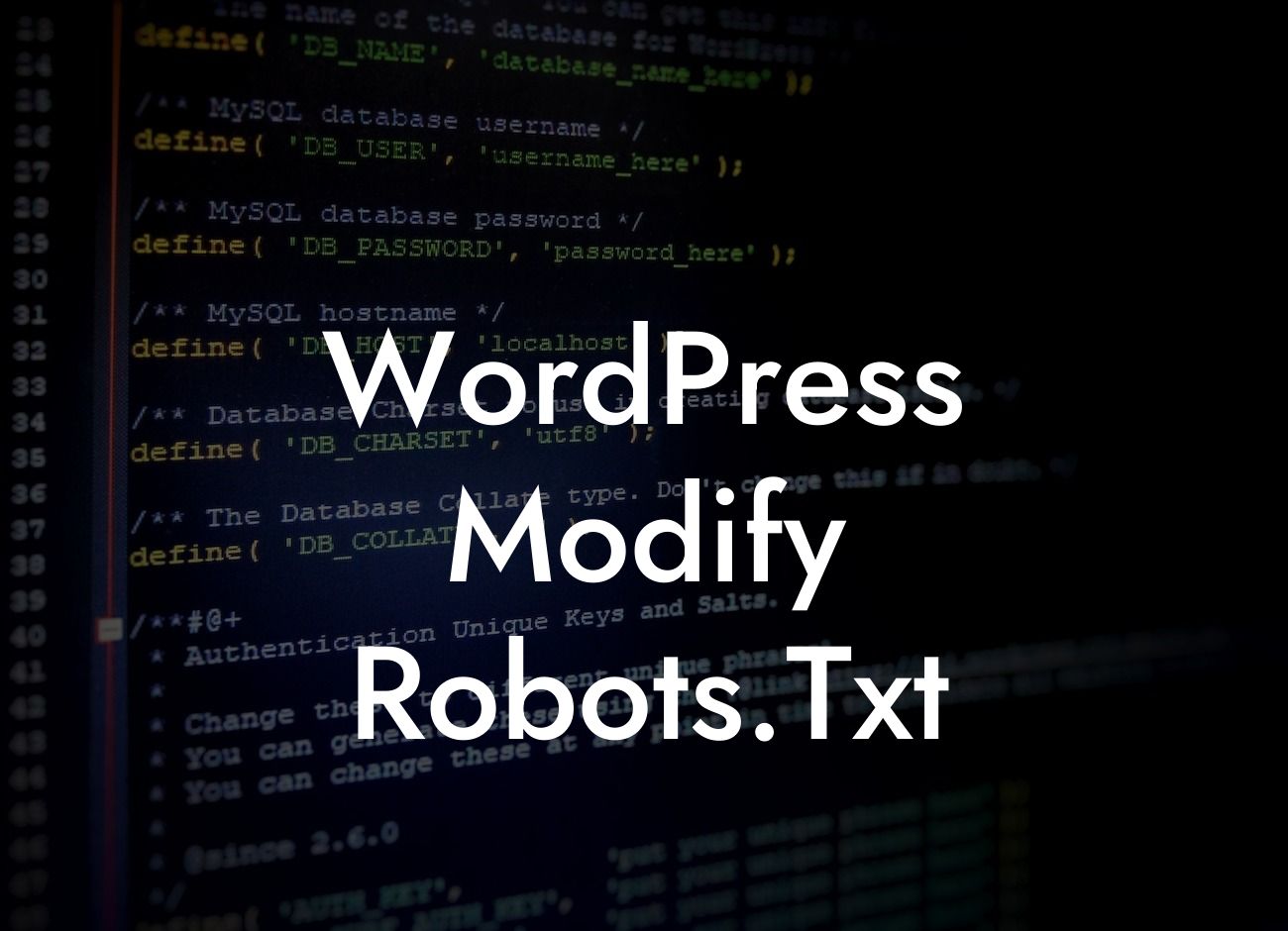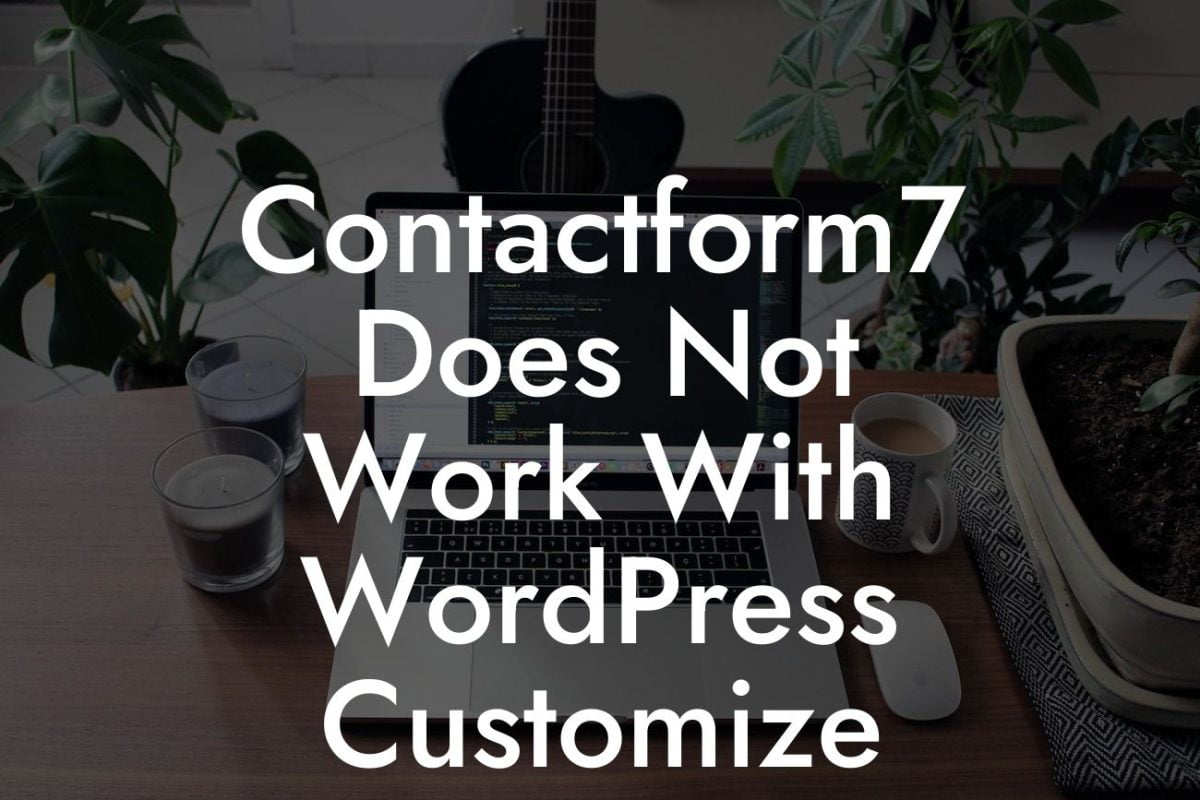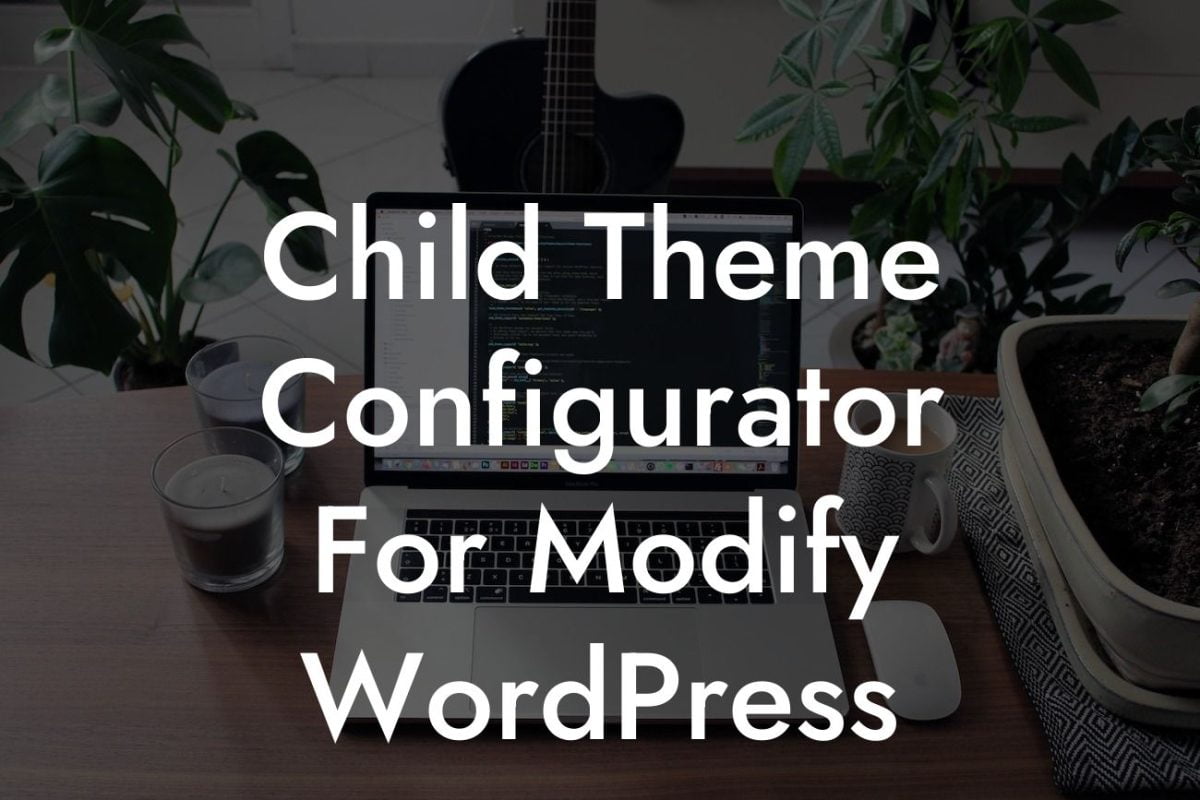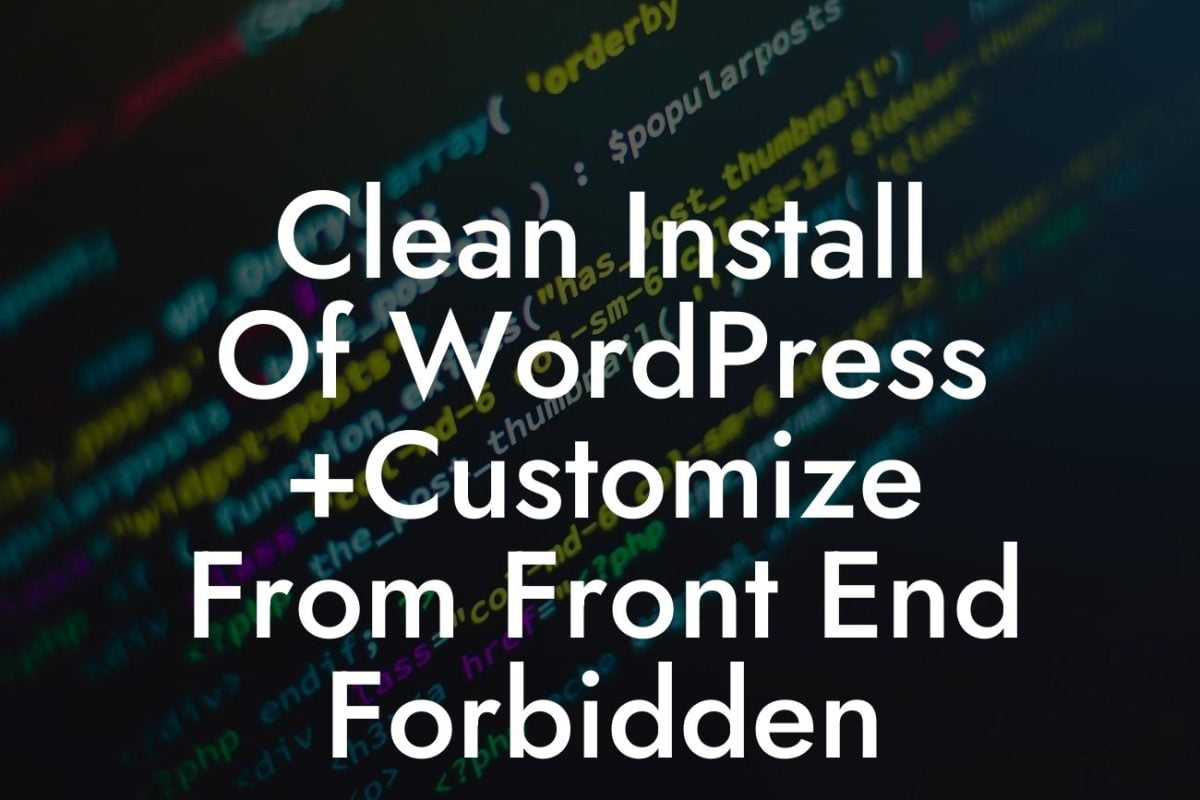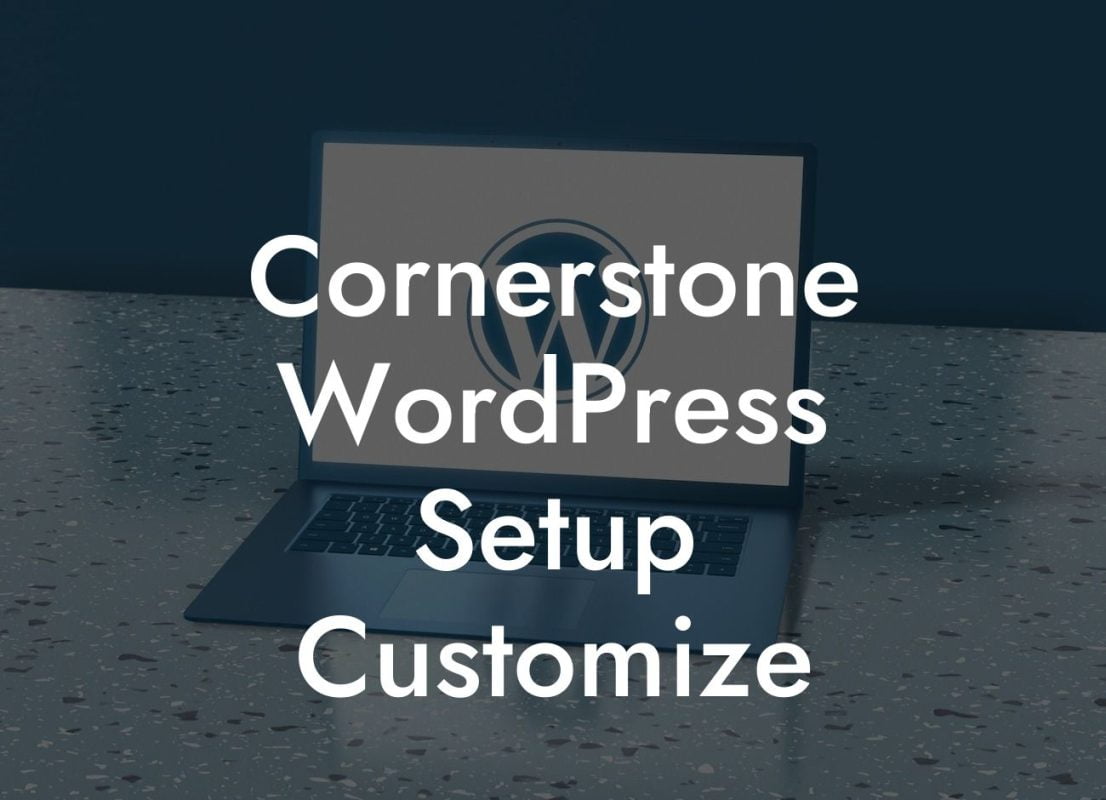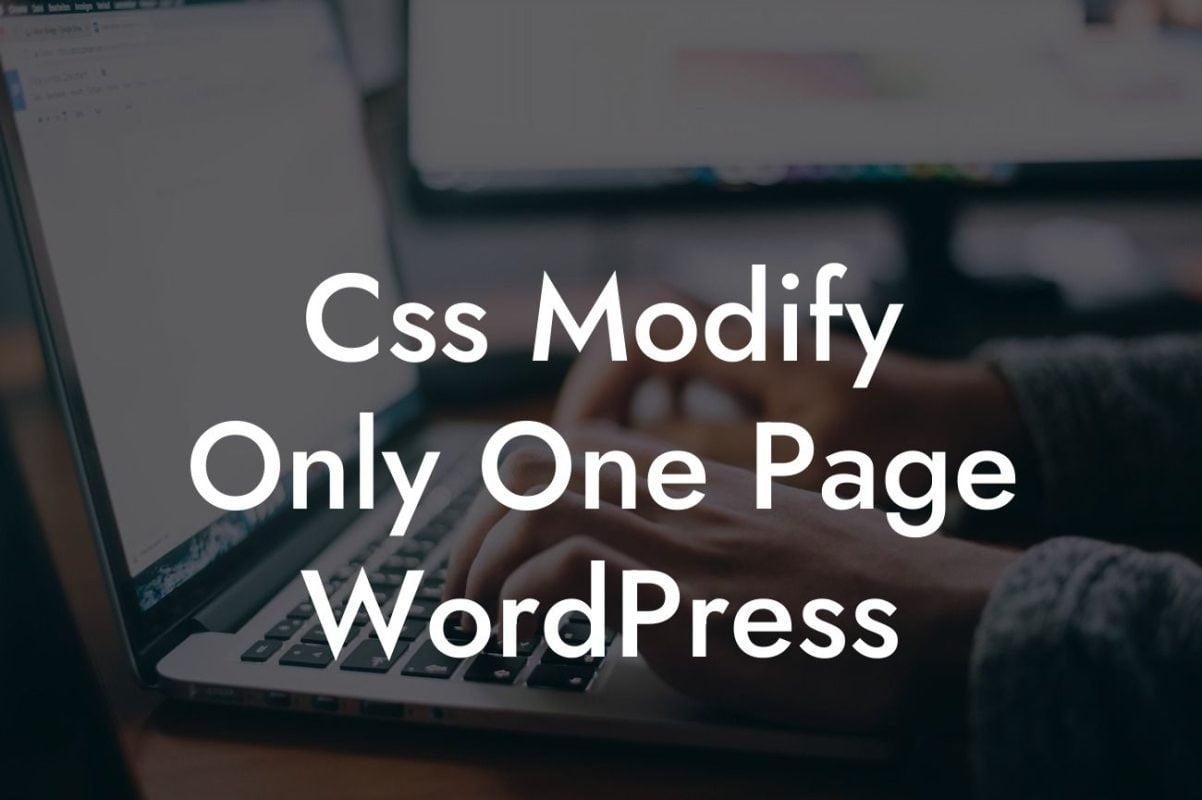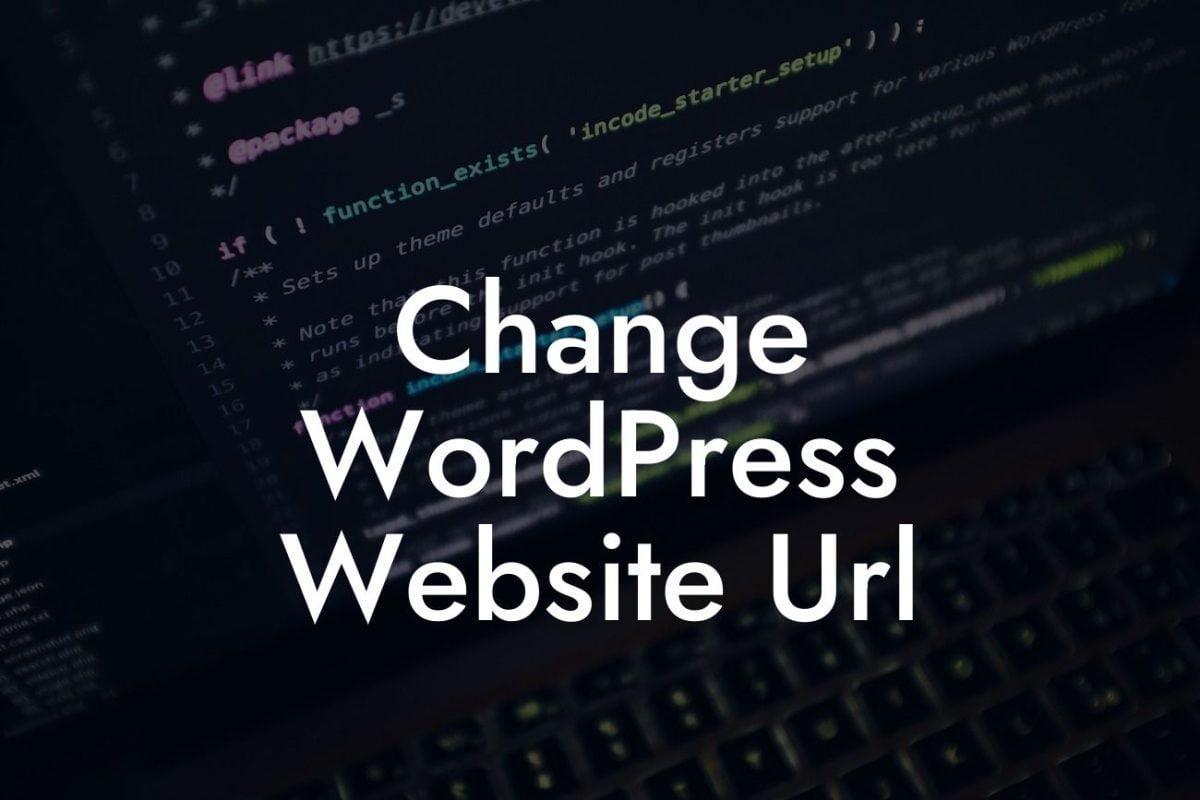When it comes to optimizing your WordPress website for search engines, one crucial aspect that often goes unnoticed is the robots.txt file. This little text file can make a significant impact on how search engine robots crawl and index your site. In this article, we will dive into the importance of robots.txt and guide you through the process of modifying it to enhance your website's search engine visibility. Get ready to take your online presence to new heights with DamnWoo's powerful plugins crafted exclusively for small businesses and entrepreneurs.
Engaging Heading 1: Understanding the Role of robots.txt
The robots.txt file serves as a communication channel between your website and search engine crawlers. It provides instructions to the robots on which parts of your site to crawl and which ones to exclude. By controlling access to certain files and directories, you can ensure that search engines focus on the most important and relevant pages of your website.
Engaging Heading 2: Default robots.txt in WordPress
Out of the box, WordPress includes a default robots.txt file that looks something like this:
Looking For a Custom QuickBook Integration?
User-agent: *
Disallow: /wp-admin/
Allow: /wp-admin/admin-ajax.php
This default file allows search engine robots to crawl all pages on your website while excluding the WordPress admin area. However, if you want more control over what search engines can access, you'll need to modify the robots.txt file.
Engaging Heading 2: Modifying robots.txt
To modify your WordPress robots.txt file, you have a few options. The easiest way is to use a plugin like "Yoast SEO" or "All in One SEO Pack," which offer user-friendly interfaces for customizing your robots.txt file. Alternatively, you can manually edit the robots.txt file using a text editor or the WordPress file editor.
Engaging Heading 3: Customizing robots.txt for Better SEO
Now that you know how to modify the robots.txt file let's explore some common scenarios where customization can enhance your SEO efforts:
1. Blocking unnecessary pages: Exclude pages like "thank you" or "order confirmation" pages from search engine indexing to avoid duplicate content issues.
2. Protecting sensitive data: If you have a directory that contains sensitive information, such as customer data or personal files, block search engine crawlers from accessing it to maintain privacy.
3. Allowing certain bots: If you want to grant access to specific bots, like Googlebot or Bingbot, you can include their user-agents in the robots.txt file.
Wordpress Modify Robots.Txt Example:
Here's an example of a modified robots.txt file that showcases the customization options mentioned above:
User-agent: *
Disallow: /wp-admin/
Disallow: /thank-you/
Disallow: /private-folder/
Allow: /wp-admin/admin-ajax.php
User-agent: Googlebot
Disallow:
User-agent: Bingbot
Disallow:
Now that you've gained a deeper understanding of robots.txt and its significance in optimizing your WordPress website for search engines, it's time to apply this knowledge. Explore DamnWoo's collection of powerful WordPress plugins designed exclusively for small businesses and entrepreneurs. Elevate your online presence, boost your success, and stay ahead of the competition. Don't forget to share this article and check out our other engaging guides on DamnWoo. Try one of our awesome plugins today!
In conclusion, modifying your WordPress robots.txt file is a vital step in improving your website's search engine visibility. With the right customization, you can guide search engine crawlers towards your most important content while protecting sensitive data. So, take action today and unlock the full potential of your WordPress website with DamnWoo's innovative plugins.

